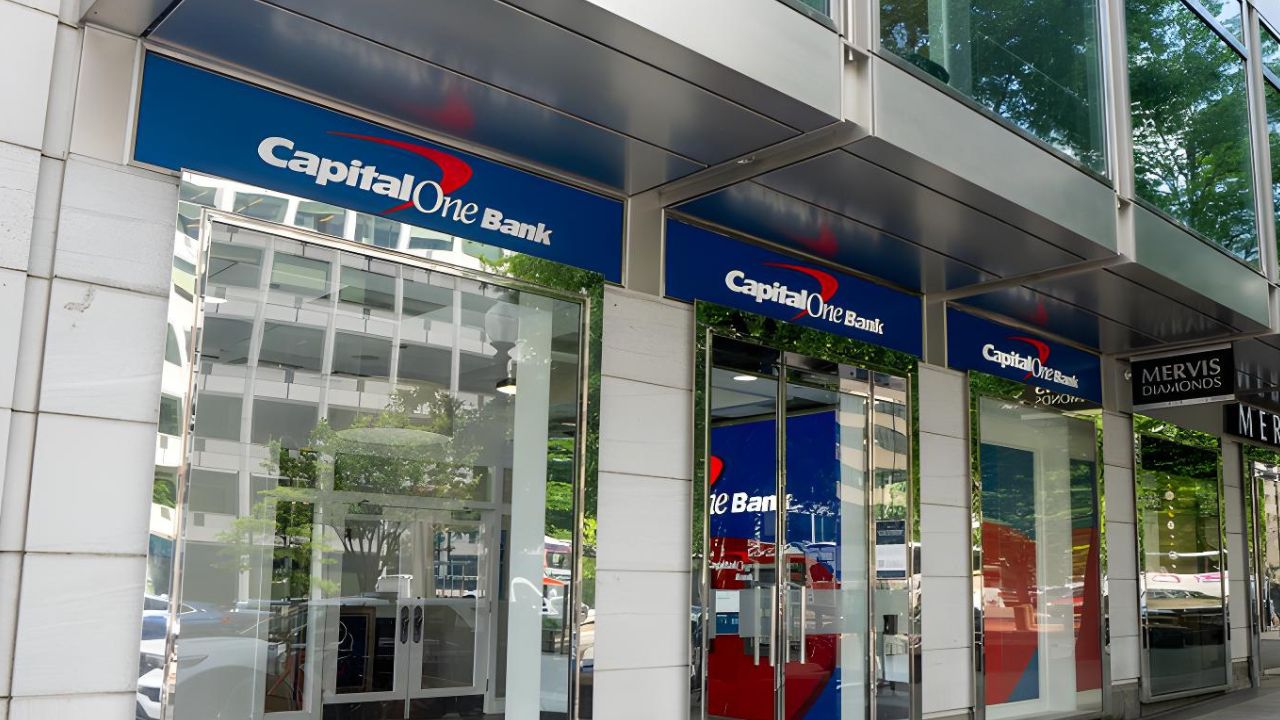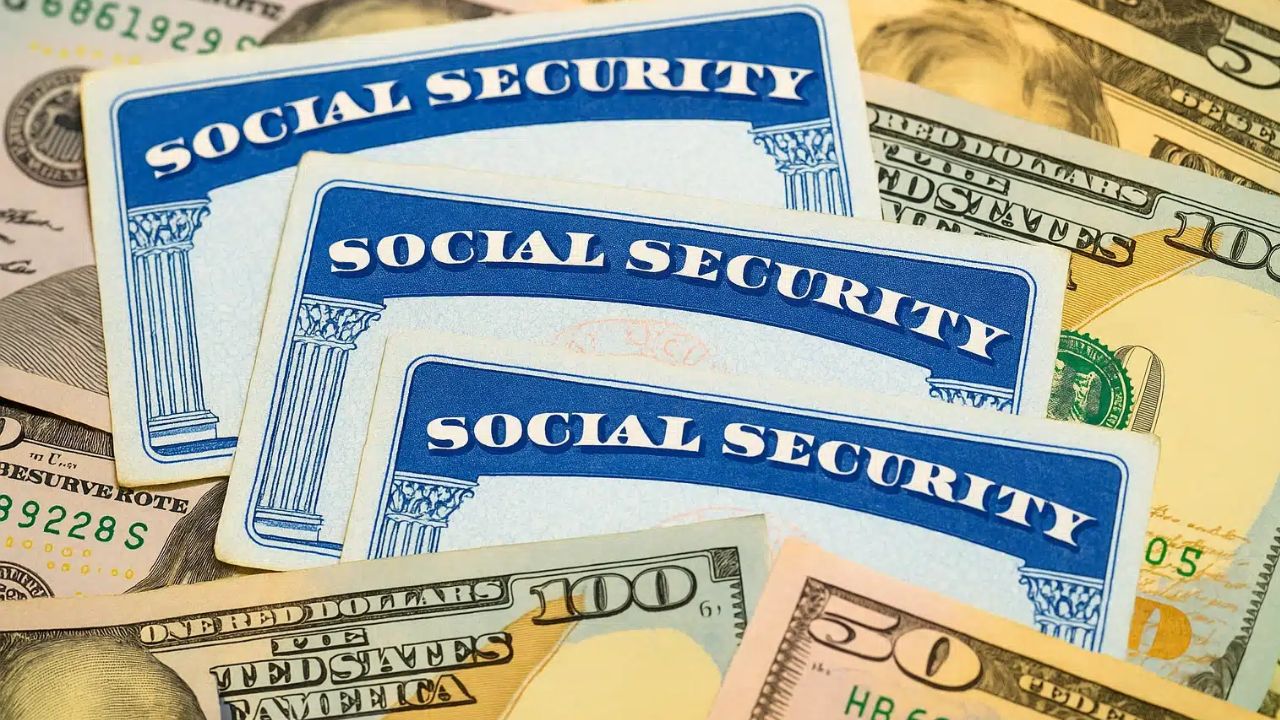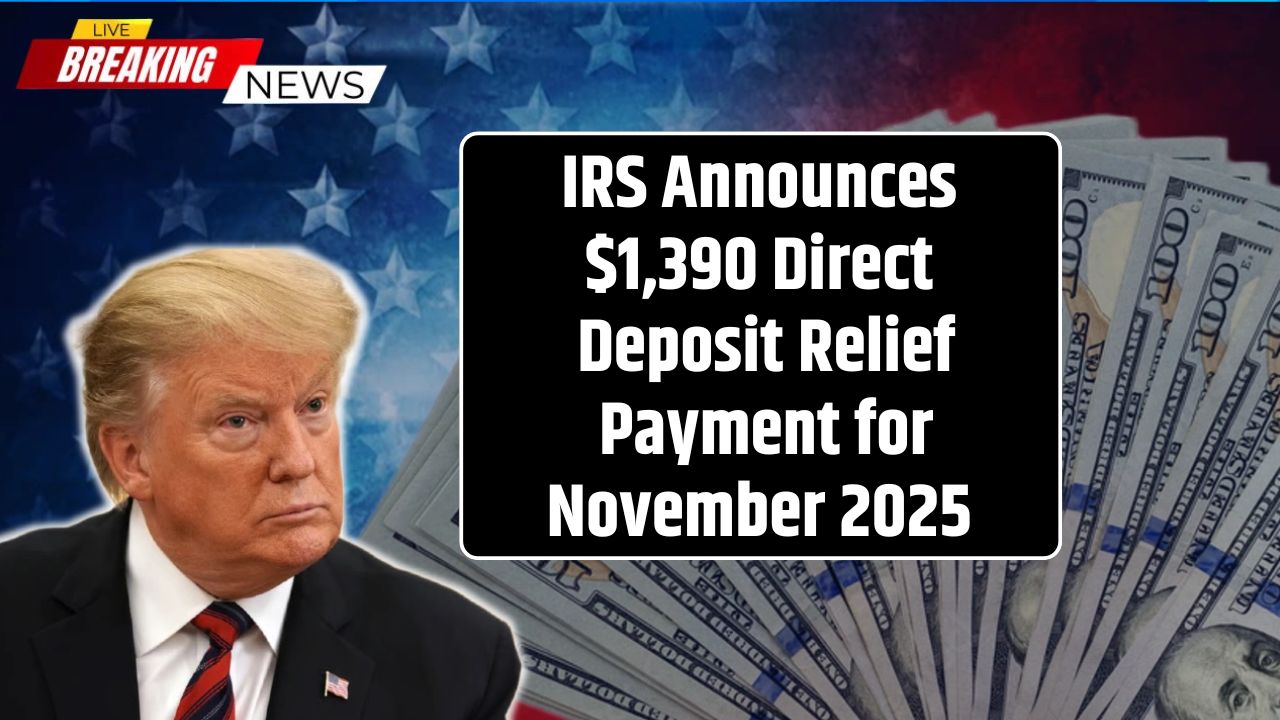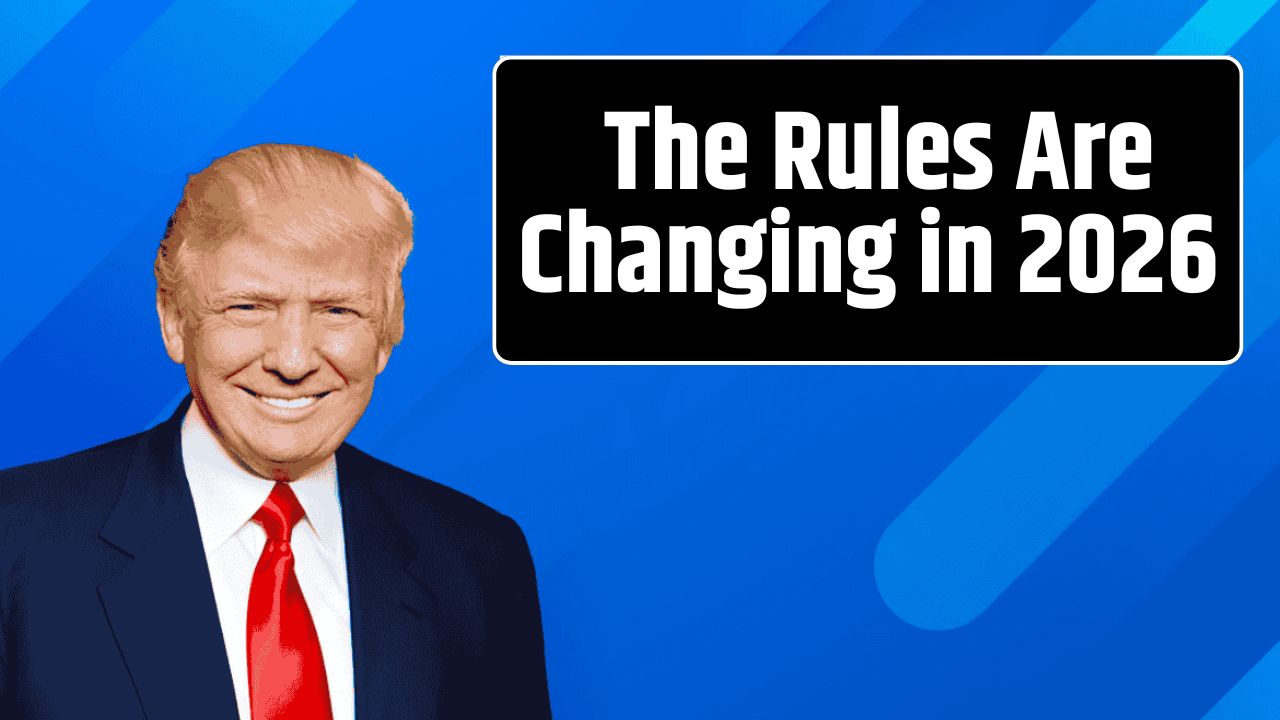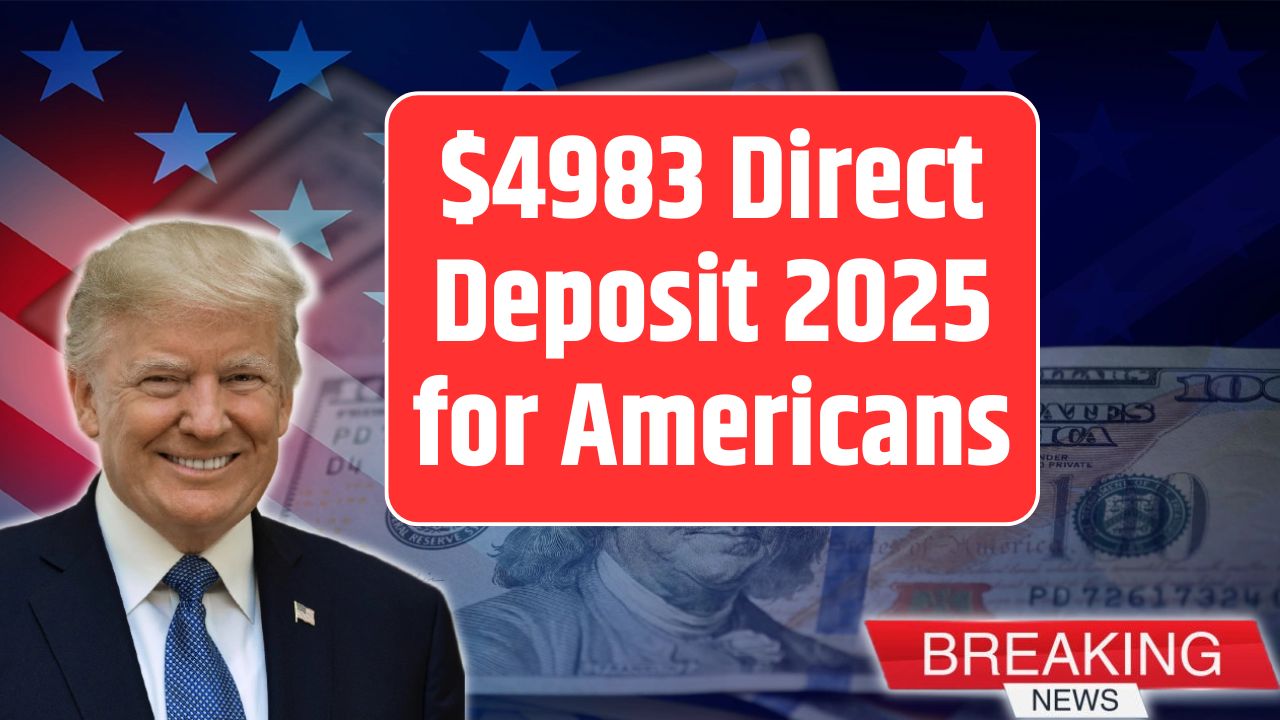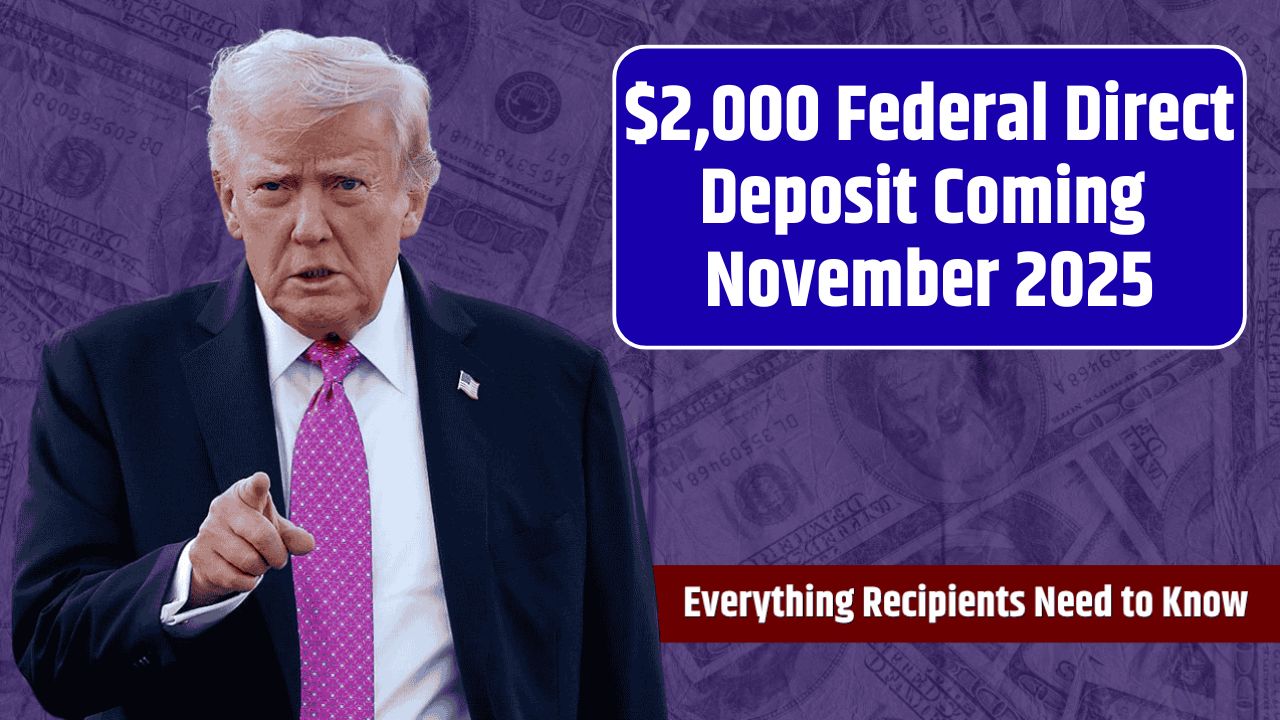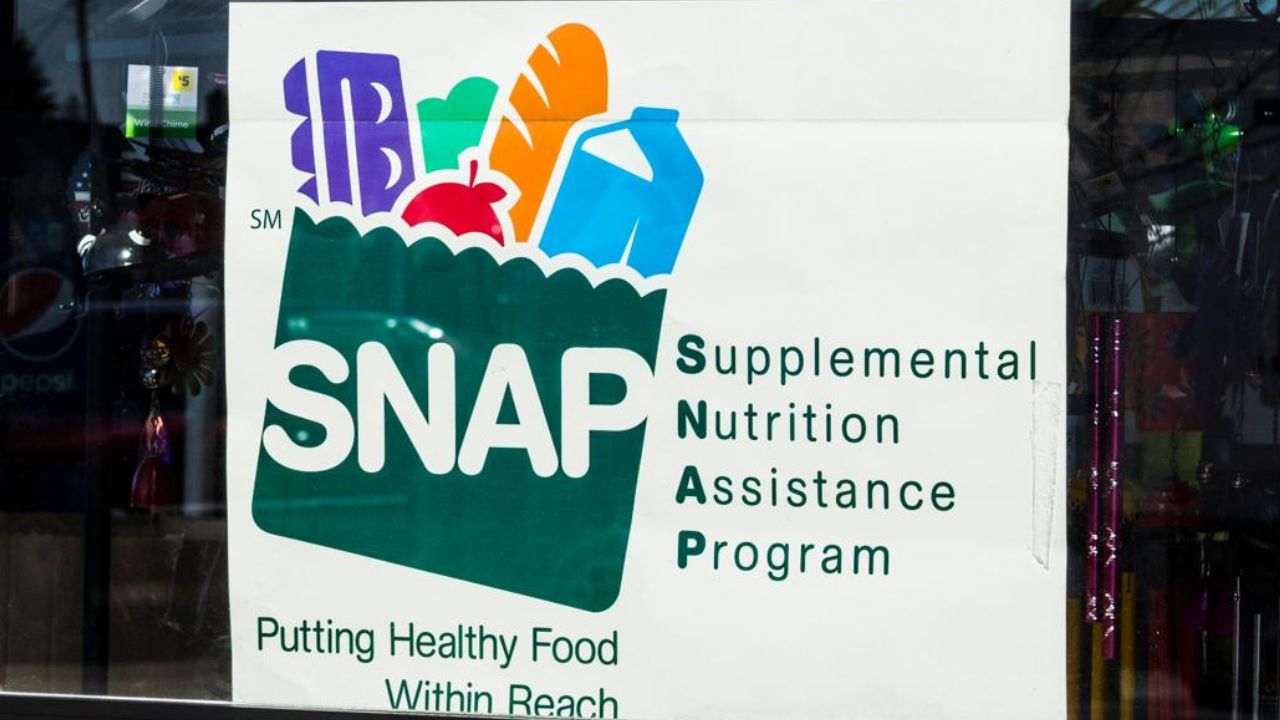When Capital One agreed to a $425 million class-action settlement in 2025, it wasn’t just cutting a check — it was acknowledging one of the biggest financial accountability moments in modern U.S. banking. Nearly 10 million customers impacted by two separate controversies — the 2019 data breach and the 360 Savings Account interest rate dispute — will now receive long-awaited compensation.
The case, approved by the U.S. District Court for the Eastern District of Virginia, combines cybersecurity, consumer protection, and financial ethics into one sweeping judgment.
Capital One’s $425 Million Settlement: What Happened
The settlement resolves two major allegations that, together, shook public trust in one of America’s largest consumer banks.
| Fund | Amount | Description |
|---|---|---|
| Cash Settlement Fund | $300 million | Compensation for lost interest income |
| Interest Adjustment Fund | $125 million | Additional interest for active account holders |
| Total Settlement | $425 million | Consumer compensation |
(Source: U.S. District Court, Eastern District of Virginia)
According to court filings, eligible customers will receive payments automatically — no separate claim forms or applications required.
Allegation #1: The 2019 Data Breach
Back in 2019, Capital One’s cloud systems were breached, exposing personal and financial data from over 100 million customers in the U.S. and Canada.
The stolen information included:
- Social Security numbers
- Bank account details
- Credit scores and application data
- Customer names, addresses, and contact information
The Federal Trade Commission (FTC) later classified it as one of the largest banking data breaches in history. It also highlighted a growing concern: financial institutions’ reliance on cloud infrastructure without adequate security controls.
Cybersecurity analysts warned that while passwords can be changed, stolen identity data can be exploited for years — making the fallout from such breaches uniquely enduring.
Allegation #2: Interest Rate Misrepresentation
While the breach grabbed headlines, another issue quietly unfolded. Between 2019 and 2025, Capital One’s 360 Savings Account paid interest rates that lagged far behind market levels — just 0.3%, even as newer customers enjoyed 4.3% on the 360 Performance Savings Account.
The catch? Many long-term account holders were never notified about the better-paying option. Attorneys alleged this was deceptive omission, costing loyal savers billions in lost earnings.
As one consumer lawyer put it:
“Capital One’s customers trusted the bank to deliver what it promised. Instead, they got smaller yields without warning.”
The Consumer Financial Protection Bureau (CFPB) confirmed that Capital One’s communication practices had raised fairness concerns, prompting further oversight of its deposit-rate disclosures.
Who Qualifies and How to Receive Payment
No paperwork. No portal (yet). No gimmicks. Payments will be distributed automatically, provided customer information is verified by the October deadline.
| Eligibility Criteria | Requirements |
|---|---|
| Account type | Held a Capital One 360 Savings Account between Sept. 18, 2019 – June 16, 2025 |
| Notification | Eligible customers will receive email or postal notice from Capital One |
| Action needed | Update payment information or opt out by Oct. 2, 2025 |
| Payment method | Direct deposit or mailed check |
| Bonus payout | +15% if account was closed before the October deadline |
Key Dates to Remember
| Date | Event |
|---|---|
| October 2, 2025 | Deadline to update details or opt out |
| November 6, 2025 | Final court approval hearing |
| Early 2026 | Payments expected to begin |
Important: Capital One warns customers to ignore unofficial settlement websites or unsolicited messages. Only verify updates through CapitalOne.com or the court docket.
How the Payments Will Work
Capital One’s settlement administrator will calculate each customer’s compensation based on:
- Average account balance
- Duration of reduced-rate participation
- Difference between old and adjusted interest rates
Active account holders will see a credit applied directly to their accounts, while those who closed their accounts before October 2025 will receive a bonus payout of 15%. Checks and direct deposits will be issued after final court approval.
Why This Case Matters
This isn’t just about restitution — it’s a warning shot for Wall Street. The Capital One settlement underscores that consumer trust is a financial asset, and losing it carries a measurable cost.
Here are the broader takeaways for banks and regulators:
- Data protection is a fiduciary duty. Negligence in cybersecurity now brings billion-dollar risks.
- Transparency in interest rate practices is mandatory. Hidden product differences erode consumer trust.
- Digital banking still demands old-fashioned accountability.
- Identity theft protection should be part of every major breach settlement.
- Loyalty can’t be penalized. Banks must ensure fair treatment for existing customers.
As consumer advocates told CNBC, “This isn’t about punishing Capital One — it’s about setting a precedent. The message is simple: transparency pays, opacity costs.”
What Customers Should Do Now
Step 1: Check your eligibility. If you held a 360 Savings Account between 2019 and 2025, expect an official notification.
Step 2: Verify your details before October 2, 2025, to ensure smooth processing.
Step 3: Ignore phishing attempts. Only trust URLs linked directly from CapitalOne.com or consumerfinance.gov.
Step 4: Monitor your credit report. Use AnnualCreditReport.com to detect any unusual activity post-breach.
Step 5: Stay informed. Updates will appear on both the Capital One settlement page and the court’s official filings once approval is finalized.
FAQs:
Do I need to file a claim to receive payment?
No. Payments will be issued automatically to all verified eligible customers.
How will I know if I’m eligible?
You’ll receive an official email or postal notification directly from Capital One before the October 2 deadline.
When will I receive my payment?
Payments are expected to begin in early 2026, following final court approval on November 6, 2025.
